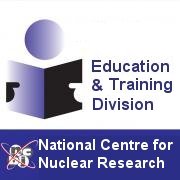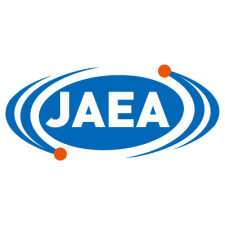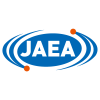Japanese interested in Polish HTR programme
2017.05.19 8:04 - adminOn May 18, 2017 NCBJ reached an agreement on cooperation in development of high temperature reactors with the Japanese Atomic Energy Agency. It is another sign that interest in the Polish HTR programme is growing.
On May 18, 2017 NCBJ reached an agreement on cooperation in development of high temperature reactors with the Japanese Atomic Energy Agency. The agreement was concluded for five years with an option to extend this period. It is primarily focussed on exchange of know-how on nuclear cogeneration technology, including joint material studies and works of experts of both contracting parties on a concept how to implement the developed technical solutions on the market.
„Since the Japanese are operating the most advanced research high temperature reactor HTTR, the agreement is very valuable for us” – pointed out Professor Grzegorz Wrochna from NCBJ, Chairman of the Committee for HTR Deployment appointed by Polish Minister of Energy. „,Rich experience in modelling of radiation effects in engineering materials exposed to high temperatures is in turn our strong asset. Therefore the cooperation is going to be of benefit to both parties”.
The task of thecommittee chaired by Professor Wrochna is to examine the feasibility and to work out a plan of utilization of HTR reactors in Polish economy. Representatives of the largest consumers of industrial heat in the country and of several engineering companies are participating in works of the team. At the same time, NCBJ is coordinating “GEMINI+”, an international R&D project on HTRs that won an EURATOM competition organized within the HORIZON 2020 programme. The project is an extension of the cooperation agreement reached in 2014 between US nuclear industry associated in NGNP Industrial Alliance and the Nuclear Cogeneration Industrial Initiative (NC2I) European consortium to include Japanese and Korean research institutions. Almost thirty institutions will be working out HTR brief foredesign and licensing methods (procedures of approving the built reactors by nuclear regulators). Project objectives include also to identify potential partners interested in the technology (industrial heat consumers), as well as to work out recommendations concerning development of an European demonstrator of the HTR technology and to indicate directions of further technology development.
HTRs operate at temperatures of up to one thousand Celsius degrees, so they can be excellent sources of heat needed to run some industrial processes in chemical plants. They are much simpler than commonly used power reactors, therefore they may be cost-effective even at a much smaller scale and power. Even if several HTRs are already operational in various places around the world, the technology is still not commercially available. Experts estimate that global industrial demand for such solutions might be big, several hundred units just in Europe. In Poland HTRs will be used primarily as sources of industrial-grade heat for chemical industry plants and oil refineries. “Clean” utilization of Polish coal is also considered.


















